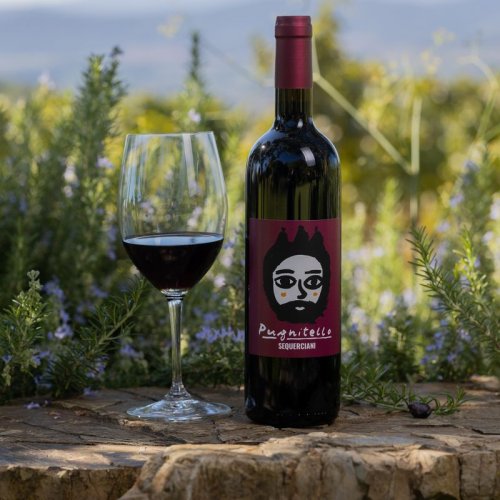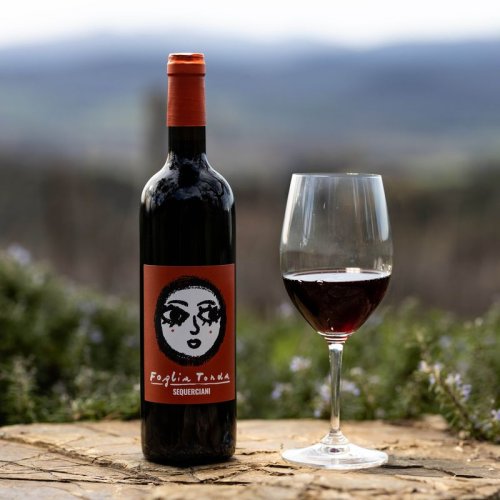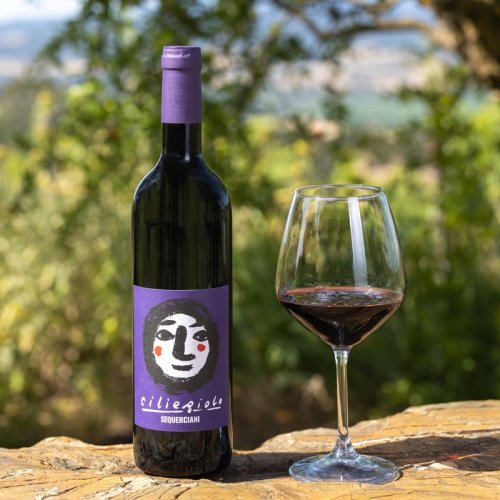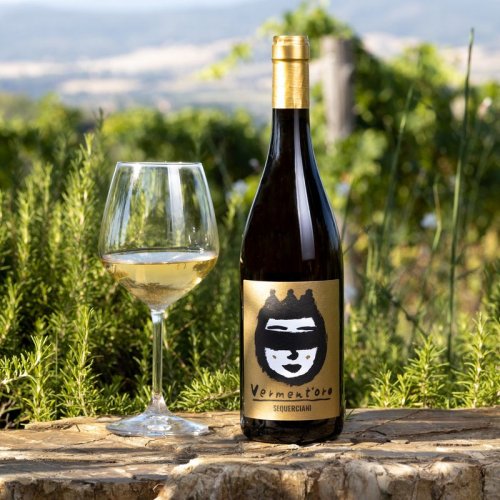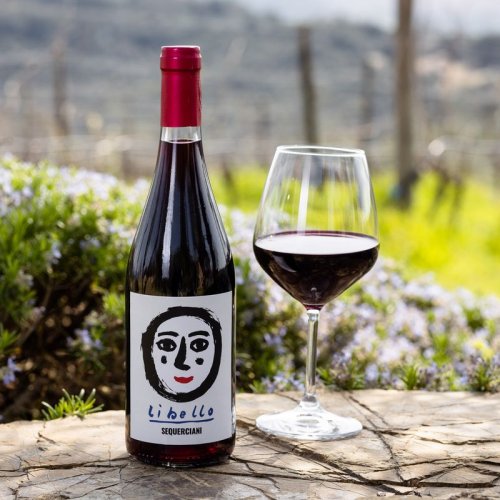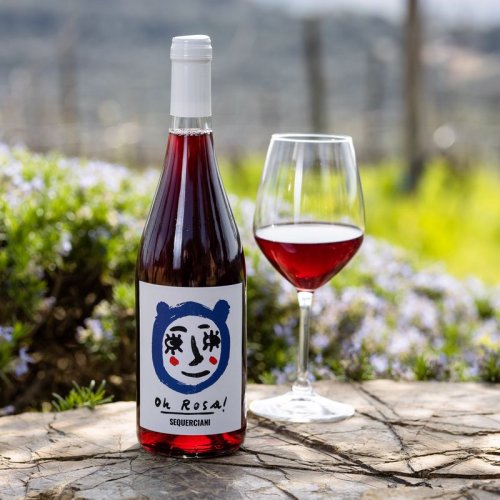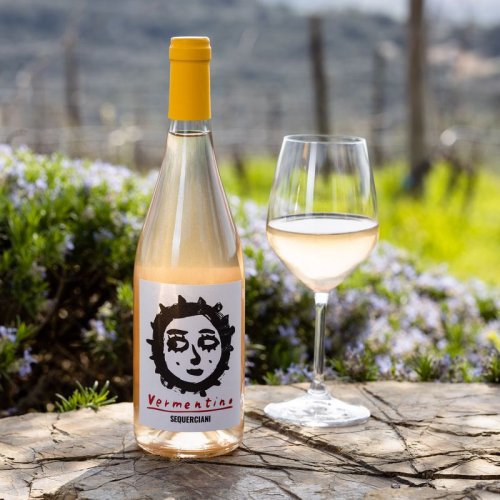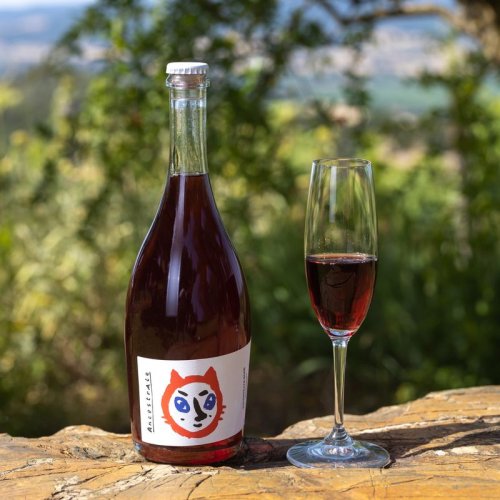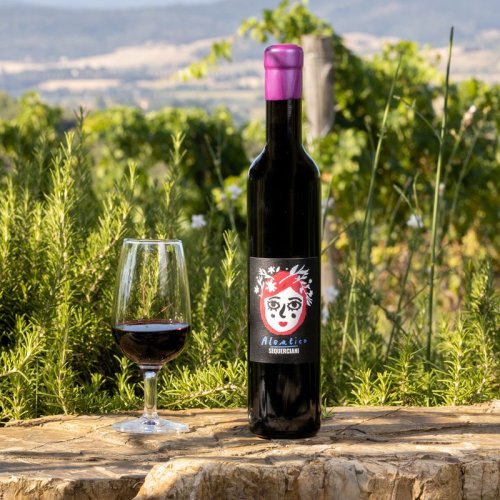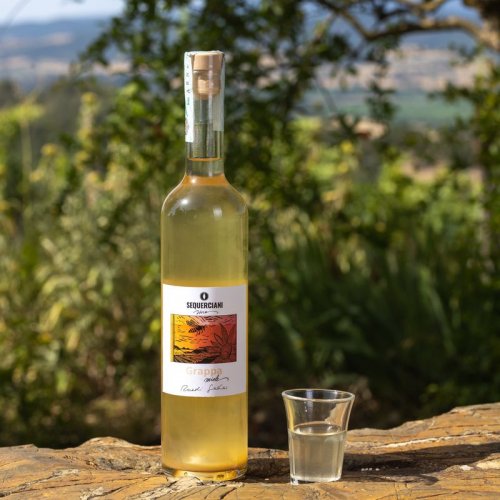Only nature. We do not add or take away anything. We grow grapes, fermenting the must and maturing the wine. We follow this natural process with respect and dedication. In this way, our quality, Demeter certified, bio-dynamically cultivated wine in born.
«The wine is born alone. If you let it be, and only then, will it tell its true story. From the clay-filled soil, the sunny days of Tuscan summers, and the cool nights by the sea. We do not want to meddle, we want to simply listen to the story that the wine is telling us. We work
with the utmost care, without adding or filtering anything. We let things happen. It is a pure appreciation that engages the senses with what comes from nothing but the sun, the earth, and the grapes.»
Wine Tasting Experience
The Sequerciani terroir is particularly ideal for growing the vines that make our natural wine. Fourteen hectares of new vines on clay soil, two hundred and fifty meters above sea level. Days of sunshine alternating with cool nights and sea breezes that favor the grapes, helping them attain the right amounts of sugar and acid. Just perfect for fermenting the grapes in a natural way without any additives.
Having recently rediscovered native vines that had long since disappeared, we nurture and cultivate according to biodynamic principles. The result? A very special experience! Rare
wines, unfiltered, that reflect beautifully the Sequerciani terroir.
The grapes are harvested by hand, and only the best are filtered out for use. Fermentation takes place spontaneously with yeast found on the grape skins. We do not add any yeast or other substances.
Every wine tells a story: about the grapes, the territory, the people who take care of it. We age using different techniques, so that each wine can speak for itself. Some are aged in terracotta amphorae to help bring oxygen to the wine and preserve each grape’s particular flavor. And, to add a shade of extra flavor, a small part of the wine is matured in wooden
barrels. This method gives our wines a complex flavor, without affecting the character of the grape.
We intervene only to observe and to ensure the wine stays in tune with nature: nothing is added and nothing is taken away. No sulfites are added and no filtration is carried out.
